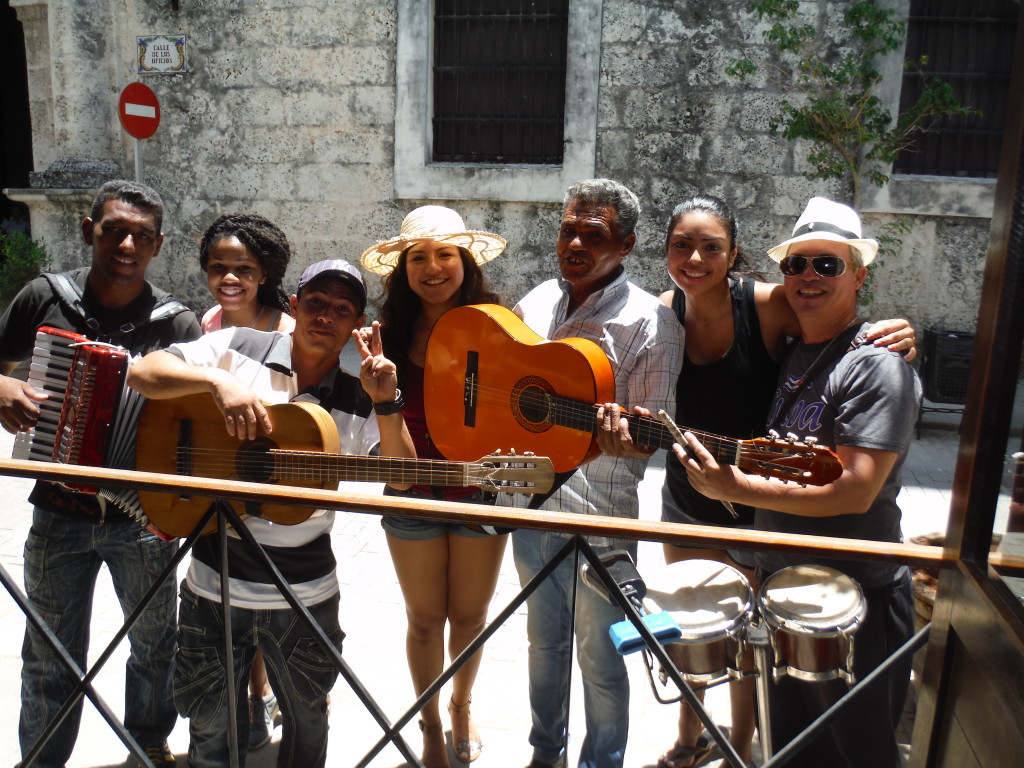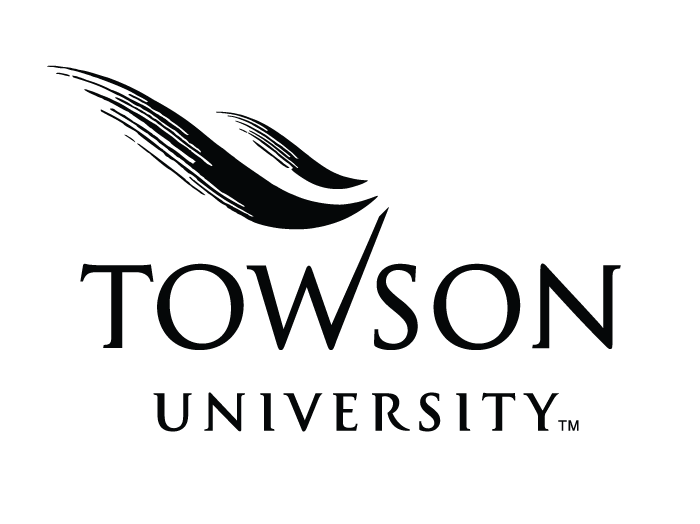When Towson business professors Tobin Porterfield and Seth Gitter decided to lead a study abroad trip to Cuba, they knew it would be complicated. But Porterfield, an associate professor of eBusiness and technology management, says nothing could have prepared them for entering such a different world.
A world, Porterfield recalled, where the group had restricted Internet access, ate beans and rice every day and traveled 15 minutes to obtain water – all while in the country’s capital city Havana.
“Take everything that’s happening right now in the United States and put yourself 50 years back,” said Charles Lyons, a senior political science major who also went on the trip. “The way it’s set up, you can’t just go out to Chipotle. You’re limited to one option.”
The lack of businesses stems from a ban on private enterprise in the country until 2010—a system that makes the country a unique location for studying business and economics. The 15 students who participated in the two-week trip enrolled in either The Economics of Cuba or Operations Management for course credit.
“One of the topics was agriculture, so we visited various farms to see how they’re actually set up,” Lyons explained. “It’s one thing to hear about the agriculture business in class, but it’s another thing to actually go there and talk to farmers about how it’s run.”
During numerous meetings or encounters with the locals, Lyons and Porterfield noticed one theme rang true – excitement about the eased regulations on U.S. citizens traveling to Cuba.
Last December, President Obama restored diplomatic relations with Cuba and announced a broader range of valid reasons for American travel to the country, including trips for cultural exchange. While academic trips like Towson’s have been taking place for more than 10 years, most American citizens have not had the same opportunity.
“There was an atmosphere of anticipation,” Porterfield noted. “Everyone referred to the [president’s] announcement on Dec. 16. Everything changed on that date.”
And, Porterfield says, life within the country will continue to change and evolve as more businesses and tourists gain interest in Cuba. That’s why the trip was unique for the students who attended this year – the country may never be the same.
“I see the business opportunities coming and I would like to see us take more student groups down there to get things going,” Porterfield said. “Now we have 15 students who are going to graduate and Cuba is going to open up for business over their early careers. When their company says, ‘Hey, we’re thinking about Cuba,’ they’ll know what it’s like to be on the ground there.”

